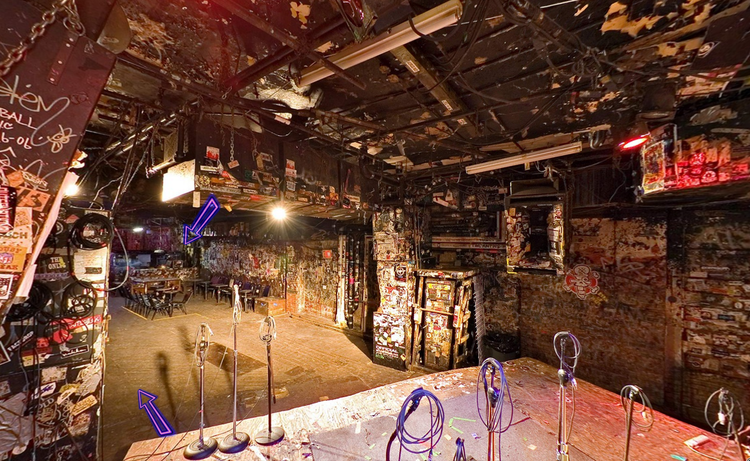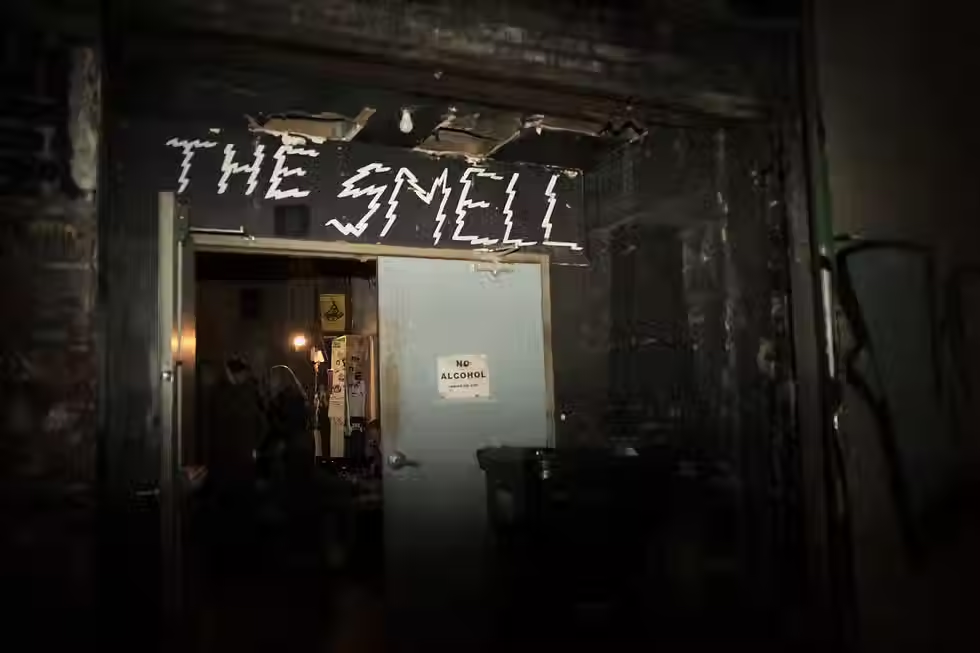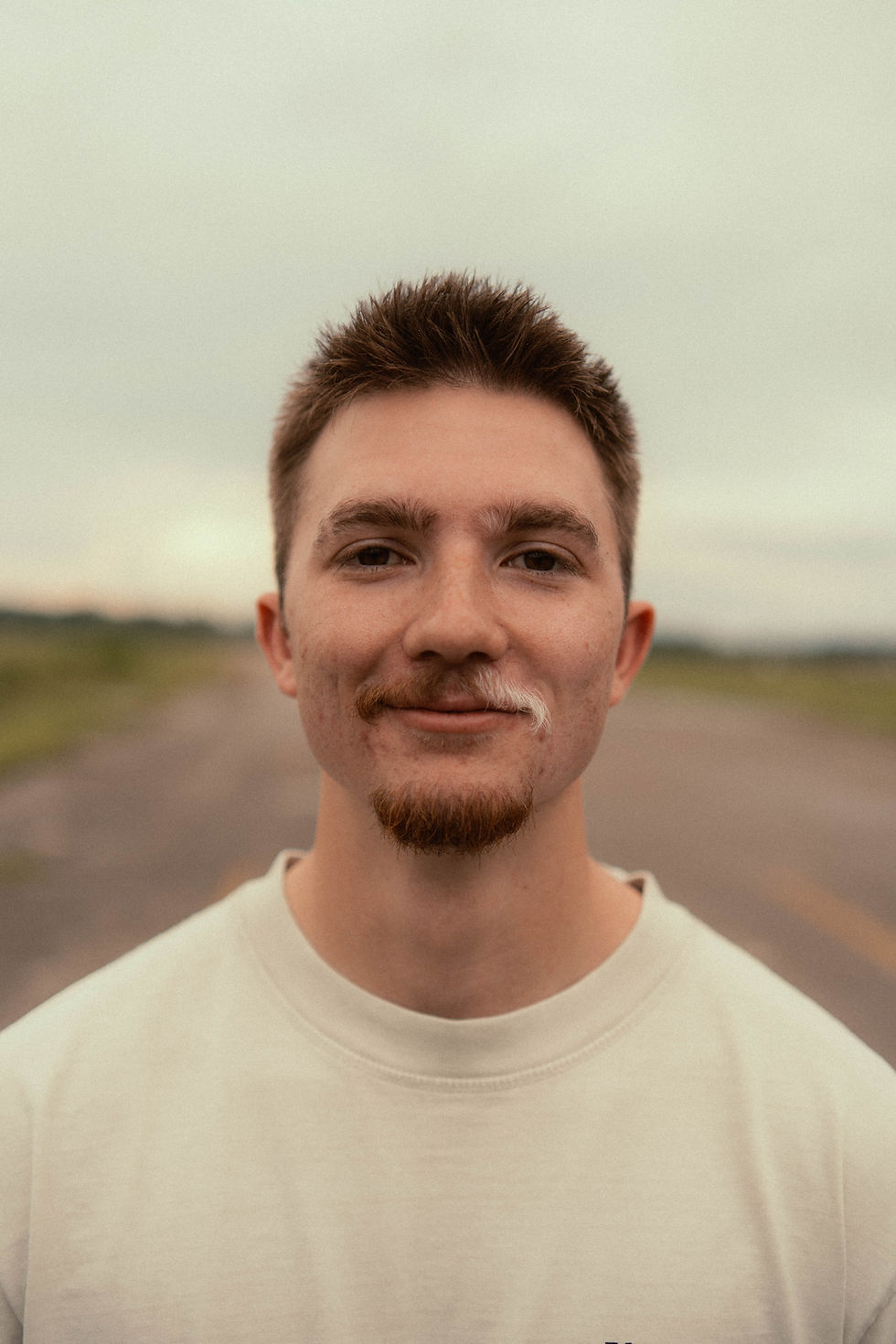7 Dive Bars Where Iconic Songs Were Written
- Victoria Pfeifer

- Sep 30
- 4 min read

There’s a reason every great city clings to its dive bars. They’re not glamorous, they’re not polished, and that’s exactly the point.
These sticky-floored sanctuaries have always been the breeding grounds of raw creativity, where half-written lyrics get scribbled on napkins, riffs echo from busted amps in the corner, and genius stumbles in somewhere between last call and the jukebox’s final spin. Long before songs hit the charts or packed stadiums, some of the most iconic tracks in music history were born in the dim glow of neon beer signs and the haze of cheap whiskey.
This list isn’t about the big recording studios or legendary arenas; it’s about the bars that didn’t even try to be part of history but somehow became it. From coastal holes-in-the-wall to Midwest watering holes, these dives gave us more than strong pours and bad lighting; they gave us timeless songs that still soundtrack our lives.
Here are 7 dive bars where music history was written, literally.
The Bitter End (Greenwich Village, New York)

Opened in 1961, The Bitter End is New York’s oldest rock club. Paul Colby turned it into a cradle for folk, rock, and singer-songwriters. Joni Mitchell, Bob Dylan, James Taylor, and Patti Smith, many of them regularly played here in their early days. One notable moment: Bob Dylan’s “Abandoned Love,” though not officially written in the bar, was premiered live at The Bitter End in July 1975. It was a Thursday night, Dylan stepped in during a Ramblin’ Jack Elliott show and started playing what was then an unreleased song, lyrics flowing fresh, raw. Address: 147 Bleecker St, New York, NY 10012, United States
Horseshoe Tavern (Toronto, Canada)

Horseshoe Tavern has long been Canada’s signature small club for rising stars. The Tragically Hip even immortalized it in “Bobcaygeon,” with the line “that night in Toronto, with its checkerboard floors.” Countless bands cut their teeth on its stage before going on to become national icons.
The Watchmen also recorded their Live Radar EP there, proof that while not every note was written inside the dive, its walls have played a direct role in shaping Canadian music history. Address: 370 Queen St W, Toronto, ON M5V 2A2
CBGB (New York City, USA)

No dive-bar list would be complete without CBGB. Though the club shut its doors in 2006, its legacy as the proving ground for punk and new wave is untouchable. Ramones, Television, Patti Smith Group, Blondie, all cut their teeth here, often testing out songs live before they ever hit a studio. The chaotic energy and risk-taking that defined CBGBs bled directly into the tracks that went on to shape an entire era of music. While the original venue is gone, its name lives on through the CBGB Music Festival, keeping the spirit of downtown rebellion alive for new generations.
Troubadour (West Hollywood, USA)

Troubadour has been both a venue and a bar; in its early days, artists would be there late, scribbling lyrics, debuting songs, then riding the waves of audience reaction. Elton John’s breakout U.S. show was here; Jackson Browne and Joni Mitchell used this space to workshop songs. The intimacy meant you could hear every lyric glitch, which forced artists to refine. Address: 9081 N Santa Monica Blvd, West Hollywood, CA 90069, United States
The 100 Club (London, UK)

While strictly speaking it’s more of a small, prestigious venue than a dive bar, The 100 Club has that legendary underground feel. Punk legends like The Sex Pistols and The Clash cut their teeth here, trying out material that would later become defining tracks. Bands would often hammer out rough drafts live, using the feedback and chaos to refine the final version. Address: Century House, 100 Oxford St, London W1D 1LL, United Kingdom
The Whisky A-Go-Go (Los Angeles, USA)

Yes, it’s more famous than some of the others, but in the '60s-'70s it was dirty, sweaty, risky. The Doors were the house band. Even legends needed places to test new shit, get booed, torn apart, and get better. Songs that started as experiments here were later recorded and polished, but the live interplay and audience reaction in the bar environment shaped them. Address: 8901 Sunset Blvd, West Hollywood, CA 90069, United States
The Smell (Downtown LA, USA)

One of the most enduring DIY venues. Bands like No Age, HEALTH, and Best Coast got early momentum here. Some of their most raw, emotional material was debuted in sweaty Smell shows, where technical perfection wasn’t the point, connection and risk were. For many artists, some choruses, lyrics, or vocal inflections took their final shape after being road-tested in rooms like The Smell. Address: 247 Main St, Los Angeles, CA 90012, United States
Why These Places Still Matter
These venues aren’t just nostalgic relics; they’re part of the DNA of what makes music human. They’re where songs were born unpolished, where artists risked embarrassment, where the audience was part of the creation. Songs written or debuted in these rooms carry that tension: raw ideas, risky vocals, imperfect chords. It’s what separates something formulaic from something that moves people.


